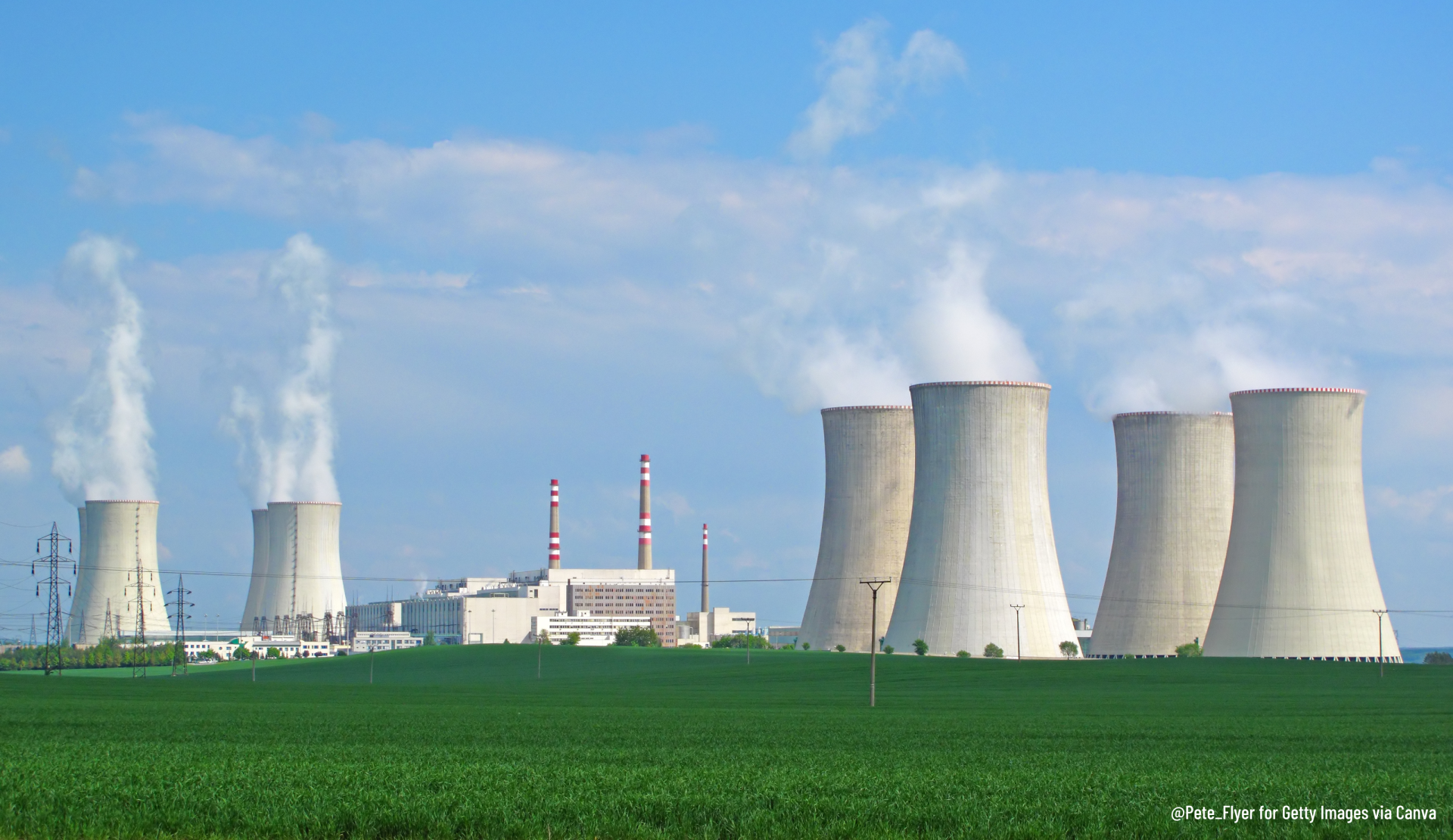For Euradio’s daily European news segment, on 21 November, EERA’s Secretary General Adel El Gammal answered questions on the recent European Parliament’s vote on the Net-Zero Industry Act, and the inclusion of nuclear energy in the list of Net-Zero technologies to be prioritised to reach carbon neutrality.

The European Parliament has decided to update the list of technologies favoured by the NZIA – the European response to the US’ Inflation Reduction Act from October 2022, he explained. It has extended the number of technologies that can be favoured within this legislative package and has included technologies that were originally perceived as secondary or were outright excluded from it. While whether nuclear can or should be labelled as green is up for debate, it is clear that it is a largely decarbonised form of energy nonetheless and constitutes a relevant decarbonisation strategy.
If we read the IPCC’s reports, we can see that we are experiencing a climate emergency, he warned. Therefore, an inclusive vision needs to be adopted, encompassing all the available technologies which could help decarbonise our economy, nuclear energy included. However, the biggest hurdle associated to it is its slow implementation process. When looking at new nuclear reactors that have been installed or are still being built for instance in France, one will notice quite long implementation timeframes. The impact of nuclear though potentially critical, will therefore have somehow delayed climate impact compared to other low carbon technologies that can be deployed faster.
After the vote, the Parliament is now entering a phase of trilogue with the other institutions, namely the Commission, and the Council, representing member states. The Council will most likely try to go back to a shorter version of the list, limiting the number of technologies which can benefit from the NZIA, but it is hard to anticipate the vote, Adel El Gammal explained. In any case, there is a lot of pressure to reach an agreement very soon, before January, because of the electoral calendar, as the EP elections will take place in June 2024.
The EU is now facing an urgent situation and should therefore take into account and utilise all the technologies it has at its disposal, and which are now reaching the commercialisation stage.
Overall, member states are very polarised and have adopted different strategies, as best illustrated by the French and German cases. Of course, this polarisation results from many factors, such as public opinion which is influenced by how information is shared, and the existence of an important nuclear sector; these two factors weigh heavily on the debate.